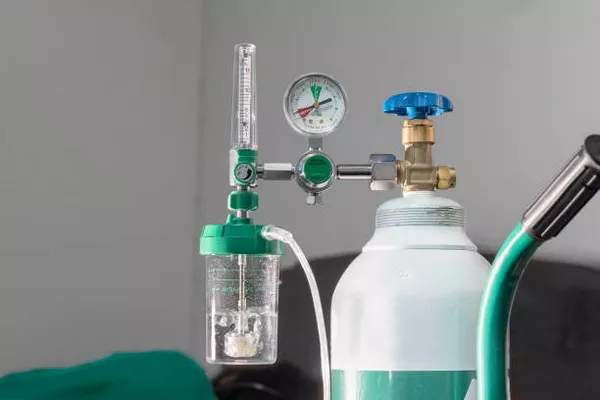In August, the UK manufacturing sector experienced a deepening downturn, with significant contractions in both output and new orders, reminiscent of global financial crises or major events like the COVID-19 pandemic, according to the latest S&P Global / CIPS UK Manufacturing Purchasing Managers’ Index (PMI).
Manufacturers are grappling with a deteriorating economic landscape, driven by factors such as rising interest rates, a cost-of-living crisis, export setbacks, and concerns about market prospects.
The seasonally adjusted PMI for August plummeted to 43.0, down from July’s 45.3, marking its lowest level since May 2020. This reading signifies a severe deterioration in operating conditions.
Manufacturing output saw a further decline in August, marking the sixth consecutive month of diminishing production volumes. The rate of contraction was the most severe in a year and one of the sharpest in the history of the survey. Companies cited slower market conditions, reduced new orders, and efforts to reduce finished goods inventories as contributing factors to this contraction.
New order intakes experienced an accelerated decline in August due to deteriorating market conditions both domestically and in overseas markets. Weak global economic conditions led to a drop in order intakes from key markets such as the US, Europe, China, and South America. The decline in total new orders and new export business rates was among the steepest since the global financial crisis and the COVID-19 pandemic. This downturn affected consumer, intermediate, and investment goods categories.
Among sub-industries, intermediate goods exhibited the weakest performance, registering the fastest declines in output, new orders, new export business, input purchasing, and employment.
Employment in the manufacturing sector continued to decrease for the eleventh consecutive month in August. Factors contributing to lower employment levels included reduced new work intake, declining output volumes, and cost-cutting efforts. Some companies also cited excess capacity at factories.
The downturn impacted raw material purchasing, stock holdings, and supplier delivery times. Input buying volumes fell for the fourteenth consecutive month, the sharpest rate in nearly three and a half years. Both input and finished product stocks were depleted as companies aimed to reduce costs and enhance efficiency.
Vendor lead times shortened for the seventh consecutive month, primarily due to weak demand for raw materials and reduced workloads at manufacturers and their suppliers.
Purchasing costs fell for the fourth consecutive month in August, with the steepest rate since January 2016. Reduced costs were reported for various inputs, including energy, fuels, oil by-products, metals, polymers, and rubber. Selling prices experienced a marginal reduction.
Despite economic challenges, manufacturers maintained a positive outlook, with 56% expecting growth in the coming year. This optimism was linked to hopes for a market resurgence, new product launches, and acquisition/diversification plans.
Accenture’s Industry X lead, Maddie Walker, commented that British manufacturers are grappling with a sharp decline in production but are focusing on reducing costs and boosting productivity through investments in robotics and AI.
Fhaheen Khan, senior economist at Make UK, the manufacturers’ organization, noted that slowing demand, combined with higher interest rates and inflation, is causing manufacturers to cut jobs and investment, leading to an impending downturn in economic activity. Policy makers and rate setters are urged to consider the impact of higher unemployment amid elevated consumer prices.

